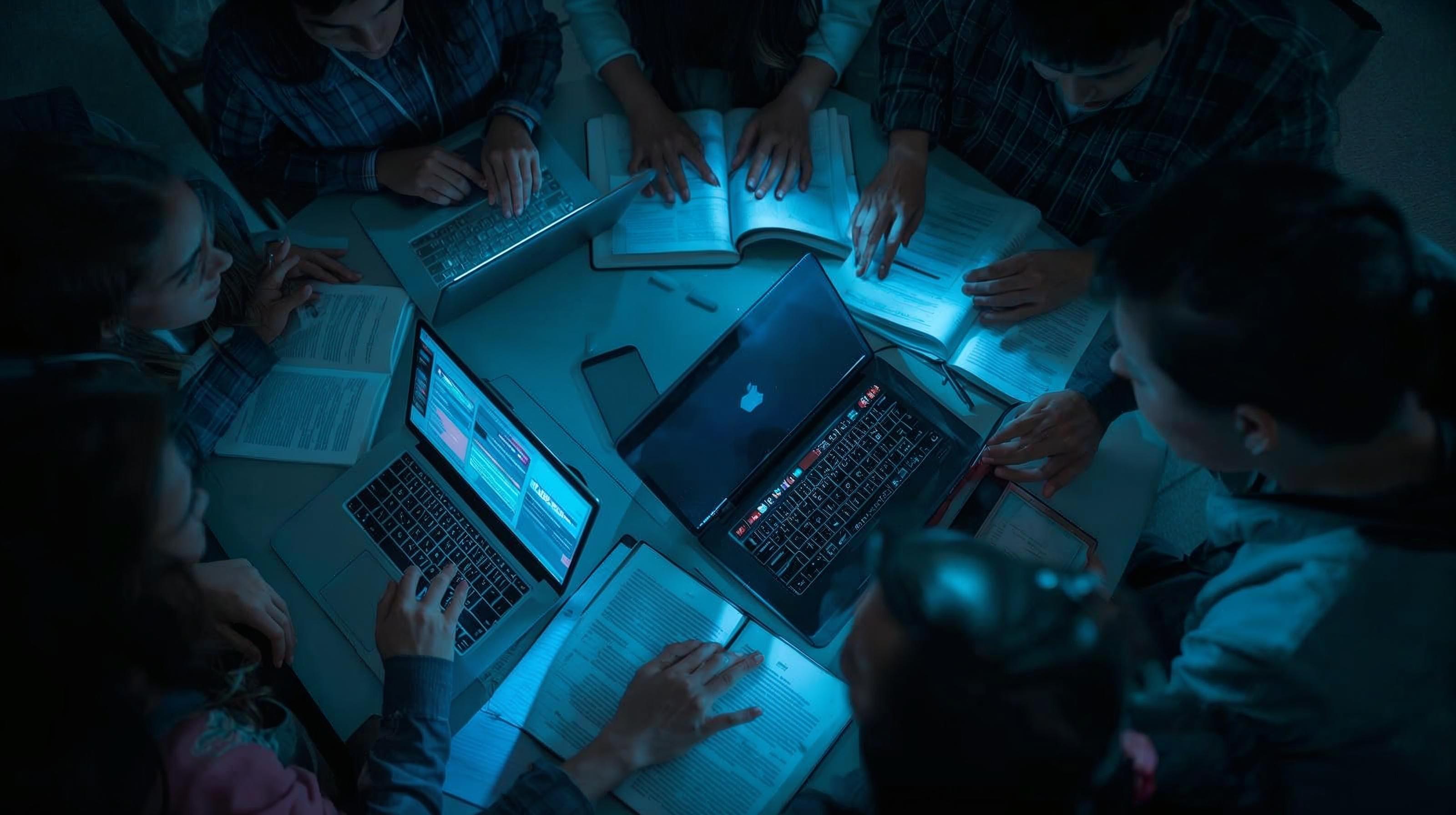Agentic AI is set to transform banking operations in the US and Asia, according to a McKinsey podcast featuring senior partners from New York, Mumbai and London. The technology goes beyond traditional automation by handling less structured tasks and supporting end to end decision making.
Research cited in the discussion suggests many banks are experimenting with AI, yet few report material financial gains. Leaders in the US and Asia are urged to avoid narrow pilot projects and instead redesign workflows, teams and governance around AI at scale.
McKinsey partners said successful banks in the US and Asia are aligning chief executives, technology leaders and risk officers behind a shared strategy. Operations, risk management and frontline services are seen as areas where AI could deliver significant productivity and quality gains.
Banks in India and other Asian markets are also benefiting from regulatory engagement, including guidance from the Reserve Bank of India. Speakers argued that workforce training, cross functional collaboration and clear accountability will determine whether AI delivers lasting impact in the US.
Would you like to learn more about AI, tech and digital diplomacy? If so, ask our Diplo chatbot!










